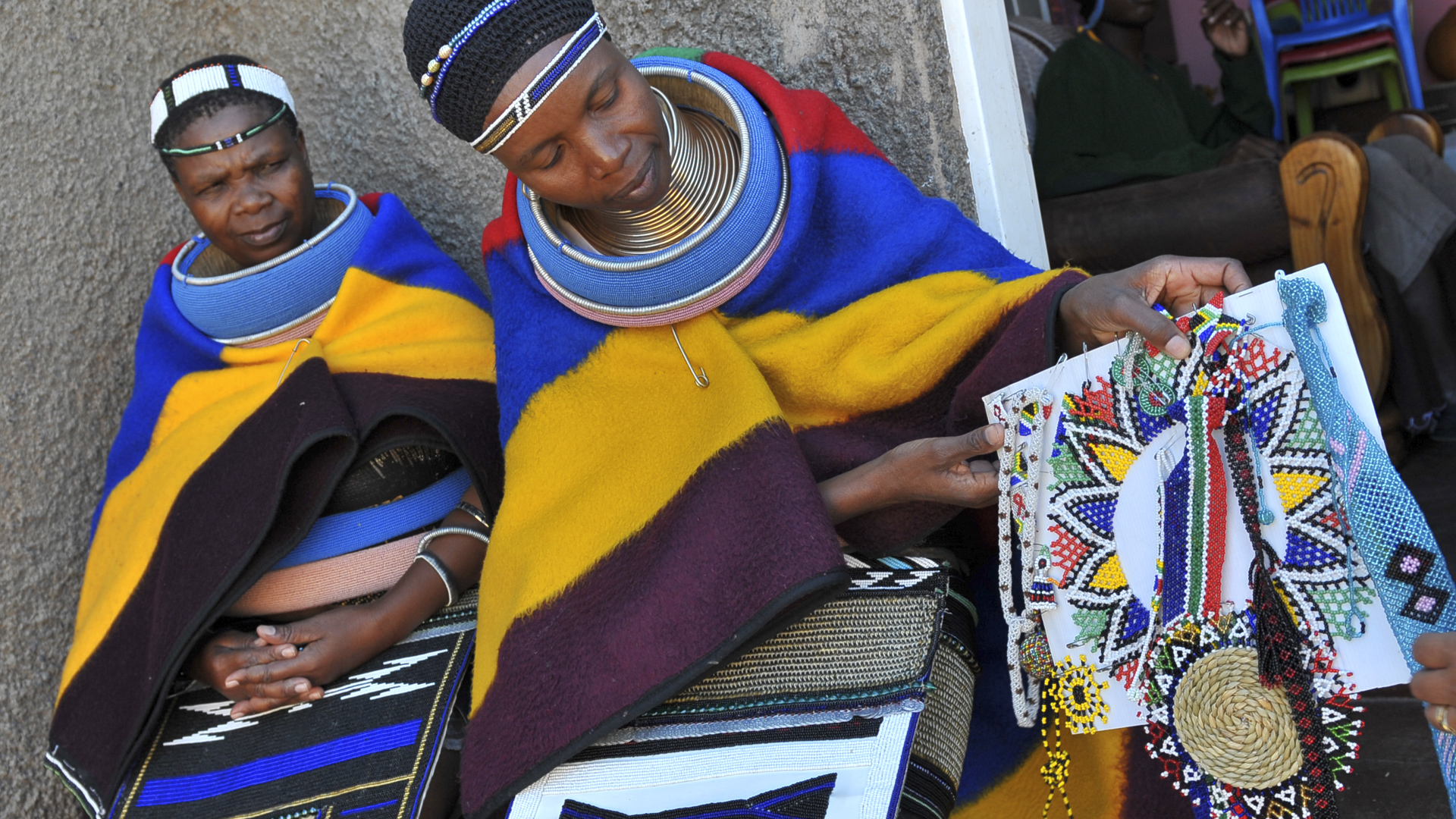Indigenous knowledge systems & education
Across the centuries, the indigenous peoples of sub-Saharan Africa maintained complex practices for preserving and transmitting knowledge from one generation to the next. This knowledge was practical, social, moral, artistic, historical and religious. Practical skills spanned a wide range of activities, from the production of food and shelter to techniques for treating disease. In West Africa, griots were historians, storytellers, praise singers and poets, acting as repositories of oral tradition.
The ability to memorise and share spoken knowledge — often to an extent unimaginable to today’s text-reliant cultures — was cherished, and elders were revered as ‘living data stores’. Such cultures of knowledge still exist, despite the toll taken by decades of colonial industrialisation, Western education and globalisation.
Traditionally, African youth received an education directed towards communal service as herders, cultivators, warriors, healers, ironsmiths, weavers, potters and poets, among many other roles. This stands in powerful contrast to the Western, industrial-age paradigm of education as self-investment — a means to personal growth and individual profit.
Unisa’s commitment to conserving and growing the legacies of indigenous knowledge and learning is exemplified in the work of the University’s Ugandan-born Professor Catherine Odora Hoppers, a recipient of the Indigenous Knowledge Systems of South Africa Trust’s prestigious National Pioneers Award.
